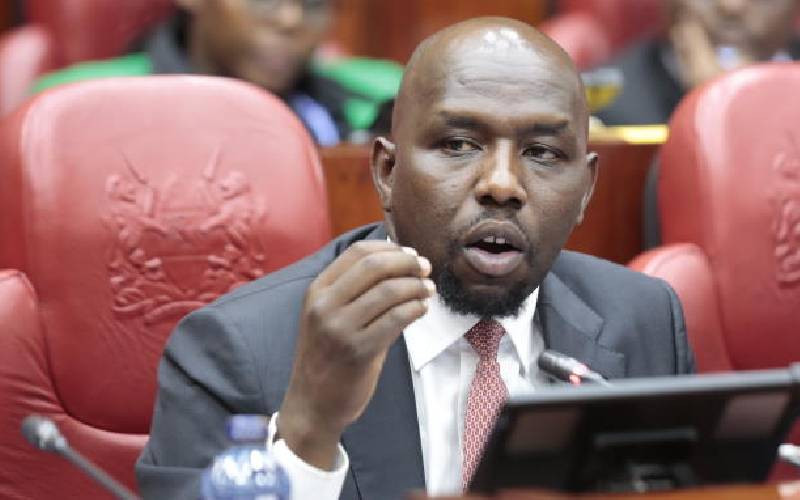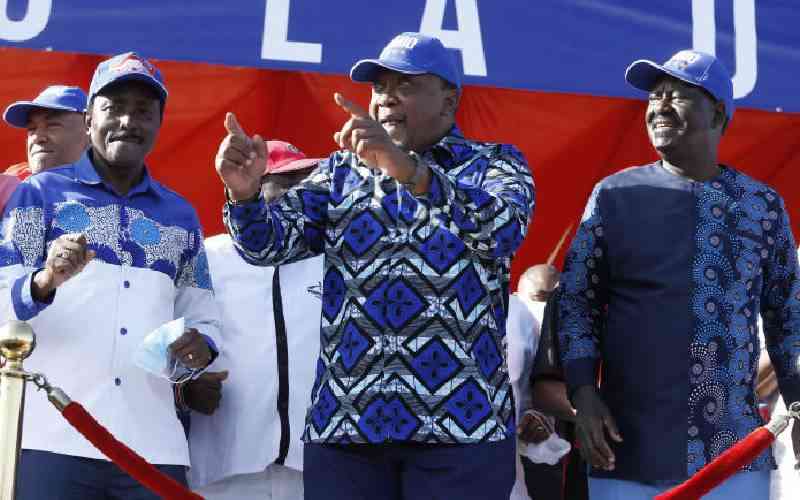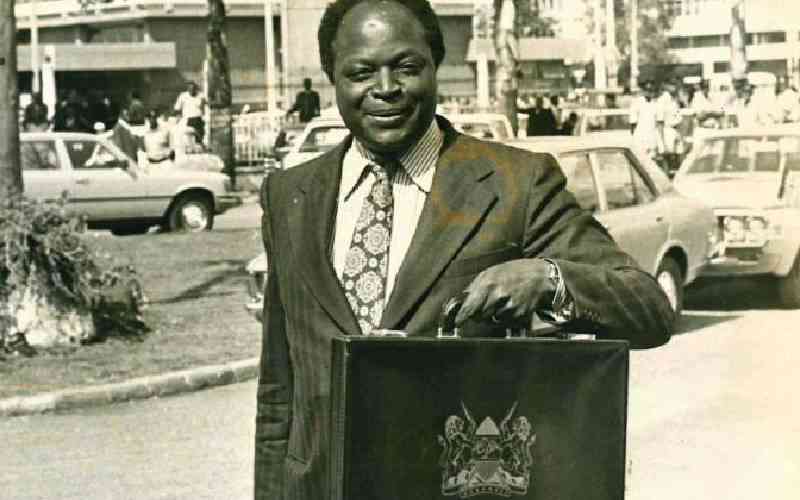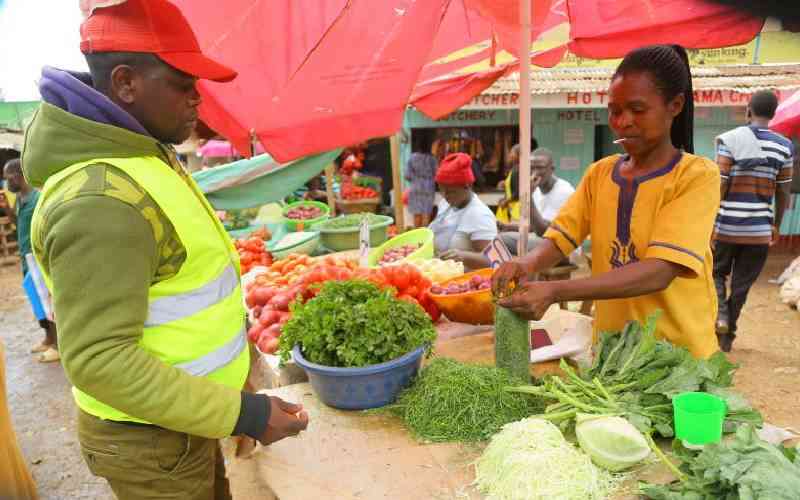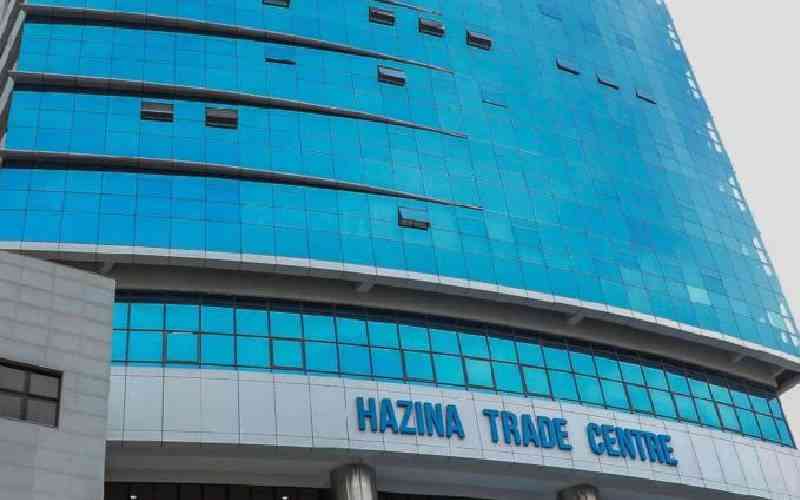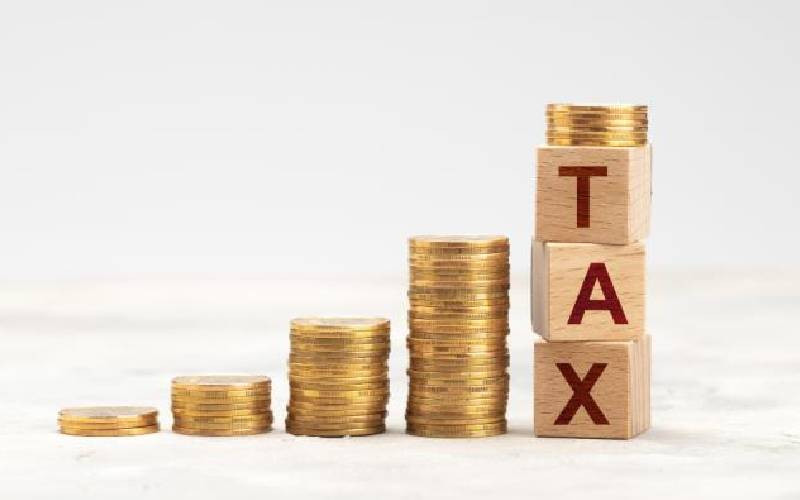
It's now about customs; paying tax or duty on imported goods if their value exceeds a certain threshold.
That's common in most countries - you declare the value of goods imported beyond a certain value including money, in most cases beyond $10,000.
There is always a queue for nothing to declare. And I don't recall anyone checking my bags in the few countries I have visited. Perhaps they think that would be an intrusion into privacy. In addition, your luggage is screened before boarding.
For once, even a Cabinet minister has waded into the debate. It was instructive he mentioned Rwanda, which pre-emptively removed visa for Africans before us. Having mean-looking customs officials rampaging through your bags is the last thing a visitor wants to go through in addition to demand for yellow fever card, which has outlived Covid -19 vaccination.
The impression you get of a country at the airport will determine if you will return, more so if it's your first time. A good example; immigration officials in South Africa and China were very youthful, the last time I visited. That is likely deliberate. And rarely do I hear "Karibu nyumbani" after my passport is stamped.
Beyond taxes, the immigration process needs some improvement, some digitisation like other government services. The last time I visited Canada, I noted you meet no immigrant officers as you enter the country. It's all digital, scan your passport, answer a few questions online and off you go. I found the same in leaving Taiwan. By the time you get a visa, the host country knows enough about you.
Back to taxes. Custom taxes or duties are a big source of income for the government. The GoK collected Sh754.09 billion in customs tax in the 2022-23 financial year. This was 34 per cent of tax revenues. Now you know why this sector is on the government's radar to enhance tax collections.
Customs taxes are also used as a deterrent to import goods to spur local industry. This is overshadowed by the belief that imported goods are of higher quality.
There is also an unwritten rule that air travellers, like car owners, are rich. High taxes makes air travel expensive and counterproductive in Africa. I still recall taking Greyhound bus from Jackson, Mississippi to Boston, Massachusetts. My host surprised me: "Why did you take a bus? A flight would have been cheaper." And it was.
Before we leave customs tax, let's bring another tax issue. In a number of countries you get back any tax you paid if you bought something. You just present your receipts to KRA equivalent while leaving the country.
The argument, which makes lots of economic sense, is that you should pay tax to get services; as a visitor you will not consume those services. Apart from delighting the visitors or tourists, you encourage them to buy more of your goods and services, spurring economic growth.
Now you know why France got 79.4 million tourists in 2022 with a population of 68 million! Compare that with our target.
The debate over tax will not end, pushed by our leaders and concessional lenders like IMF. My only concern is that we are not paying enough attention to the unintended consequences of higher and more taxes.
The original purpose of taxes was to make services cheaper for citizens by providing them in bulk and benefiting from economies of scale. Imagine if we all owned private armies, roads, power grids and other public goods?
Stay informed. Subscribe to our newsletter
Citizens are willing to pay taxes promptly for this reason. And they get the services. One of my most memorable signboards in Kentucky, US, read "If you see a pothole on the road, call this number".
Taxes have the secondary purpose of exercising power. The Kenya Kwanza government has not shied away from using taxes to demonstrate it is in power. That can create resentment, kill morale and productivity. Not forgetting expanding the shadow economy.
We can mute the unintended consequences of taxes, both political and economic with borrowing (debt). And some diplomacy. We have demonised borrowing (debt), yet it's one of the fulcrums on which the economy rotates. Banks exist to link borrowers and lenders, savers and consumers.
You can get goods and services today and enjoy a higher standard of living, instead of tomorrow through prudent management of debt. Borrowing can reduce the tax burden, spreading it across time.
One reason debt is becoming a national problem emanates from viewing debt as 'free money'. In addition we must try and live within our means.
The objective of the government is to loop in more taxpayers and reduce the burden. How about expanding the number of taxpayers by making the economic conditions more conducive for investment and consumption? Was that not Kibaki's magic? The debate over tax is not about to end; but it must be guided by facts, not emotions.
 The Standard Group Plc is a
multi-media organization with investments in media platforms spanning newspaper
print operations, television, radio broadcasting, digital and online services. The
Standard Group is recognized as a leading multi-media house in Kenya with a key
influence in matters of national and international interest.
The Standard Group Plc is a
multi-media organization with investments in media platforms spanning newspaper
print operations, television, radio broadcasting, digital and online services. The
Standard Group is recognized as a leading multi-media house in Kenya with a key
influence in matters of national and international interest.
 The Standard Group Plc is a
multi-media organization with investments in media platforms spanning newspaper
print operations, television, radio broadcasting, digital and online services. The
Standard Group is recognized as a leading multi-media house in Kenya with a key
influence in matters of national and international interest.
The Standard Group Plc is a
multi-media organization with investments in media platforms spanning newspaper
print operations, television, radio broadcasting, digital and online services. The
Standard Group is recognized as a leading multi-media house in Kenya with a key
influence in matters of national and international interest.


